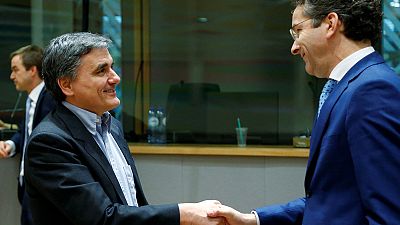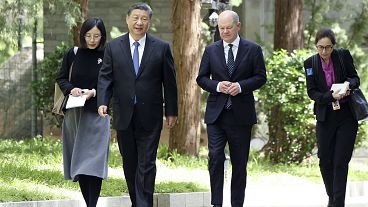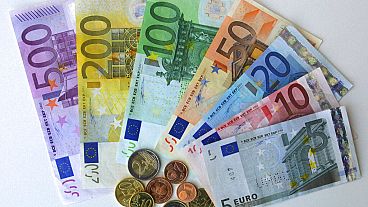Discussions between Greece, its European lenders and the International Monetary Fund on the country’s bailout obligations have dragged on for months as disagreements persist over fiscal issues, labour
Discussions between Greece, its European lenders and the International Monetary Fund on the country’s bailout obligations have dragged on for months as disagreements persist over fiscal issues, labour and energy market reforms.
A few days ago, the European Commissioner for economic and financial affairs Pierre Moscovici was in Athens, where he met Alexis Tsipras, who has been losing support from the people of Greece and even within his own political party.
“There must be for the Greek people – I know them well and I feel really a friend of this country – a light at the end of the tunnel of austerity,’‘ said Pierre Moscovici. “We are not pleading or advocating for austerity. And no institution must advocate for austerity. But as you said there needs to be a balanced set of reforms.”
The Syriza government must make a further €7 billion payment to its creditors by July or risk default on its entire debt. Greece signed up to a bailout worth up to 86 billion euros in 2015, its third international financial lifeline since 2010.
The IMF has repeatedly expressed doubts that a primary budget surplus target of 3.5 percent over 10 years which the European Union and Greece initially signed up to can be achieved without Athens resorting to further austerity or without substantial debt relief.
Instead, it has suggested a less ambitious surplus target of 1.5 percent.
Greece, which has had testy relations with the IMF since its first bailout in 2010, has singled out the Fund for criticism over its austerity viewpoint, rather than the EU partners who are resisting debt relief.
Amid this deadlock, more and more voices can be heard, including from within Greece, asking for an exit from the eurozone.
“The country is not getting anywhere in the eurozone and everybody knows it,” explains the head of the Capital Market Analysis of Baader Bank Robert Halver. “They should be able to leave and be granted a debt relief. However, debt relief in an election year in Germany will never work politically and should the Greeks leave the eurozone, in a Europe that has already been weakened, Grexit would be the first domino to fall.”
Greece remains the third poorest member of the EU, with Eurostat data showing 22.2 percent of the population were “severely materially deprived” in 2015.
The Greek people need to see a light at the end of the austerity tunnel. I am hopeful.
tsipras_eu</a> <a href="https://twitter.com/EEAthina">EEAthinapic.twitter.com/XLHbxHf5oT— Pierre Moscovici (@pierremoscovici) February 15, 2017



